“Global responsibility and national strategies present unprecedented opportunities for the energy sector. The climate challenges caused by global warming are a common issue that countries around the world face, making energy transition a necessary action. Universities play a crucial role in driving this change. This summer school aims to provide a platform for academic exchanges and clash of ideas for students from different countries and cultures, helping them acquire new knowledge and exchange innovative ideas.”
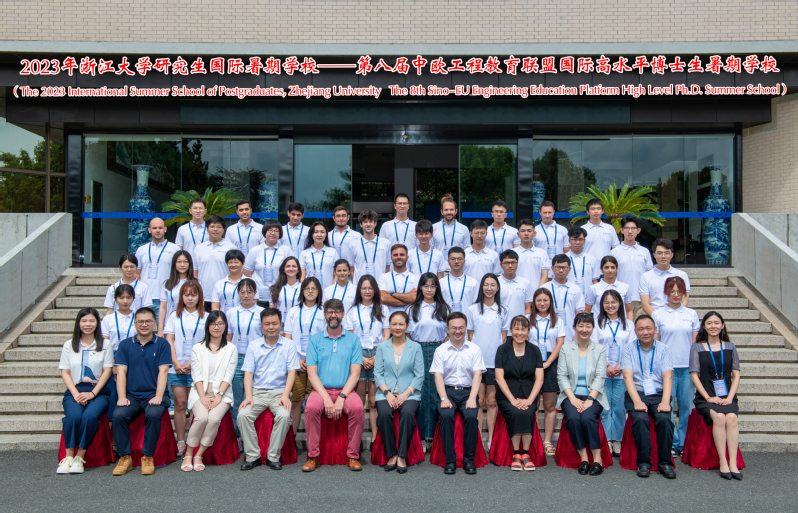
As one of the founding members of the “SINO-EU Engineering Education Platform”, Zhejiang University, in collaboration with the Royal Institute of Technology Stockholm(KTH), initiated the SEEEP High Level Ph.D. Summer School for high-level doctoral students in 2014. Shanghai Jiao Tong University (SJTU) and Eindhoven University of Technology (TU/e), as well as other member universities of the alliance, were invited to participate jointly. The event has been successfully held for seven consecutive sessions, attracting nearly 400 outstanding doctoral students from over 22 countries.
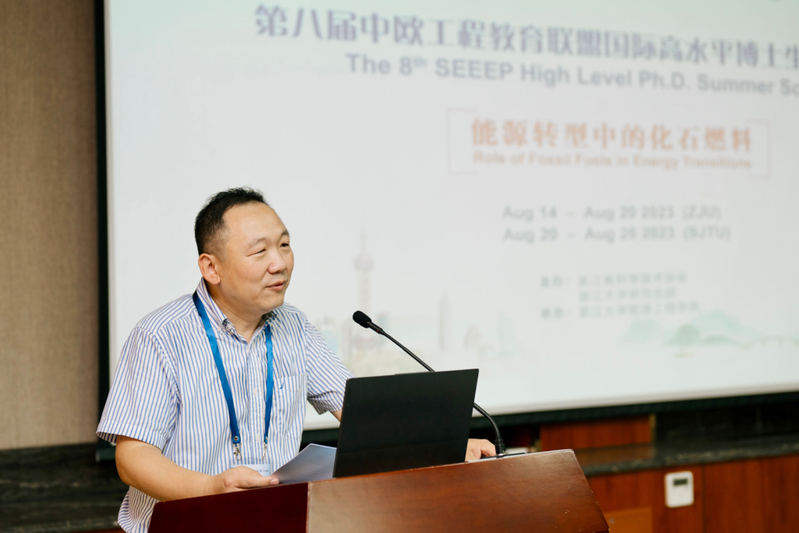
The 8th SEEEP High Level Ph.D. Summer School was held from August 14th to 20th, 2023 in Hangzhou and Huzhou, ZhejiangProvince. Forty-four PhD students and professors from eight world-renowned universities, including KTH, TU/e, Zhejiang University, SJTU, Tsinghua University, Southeast University, South China University of Technology, and Central South University gathered at Zhejiang University to discuss the possibilities of energy technology innovation.
The theme of this summer school was “Role of Fossil Fuels in Energy transitions”, focusing on the cutting-edge areas of energy technology innovation and exploring the ideas, methods, and pathways towards carbon neutrality. Key discussions revolved around frontier scientific issues such as energy production and consumption, renewable energy technologies, sustainable development, energy storage technologies, and energy conversion.
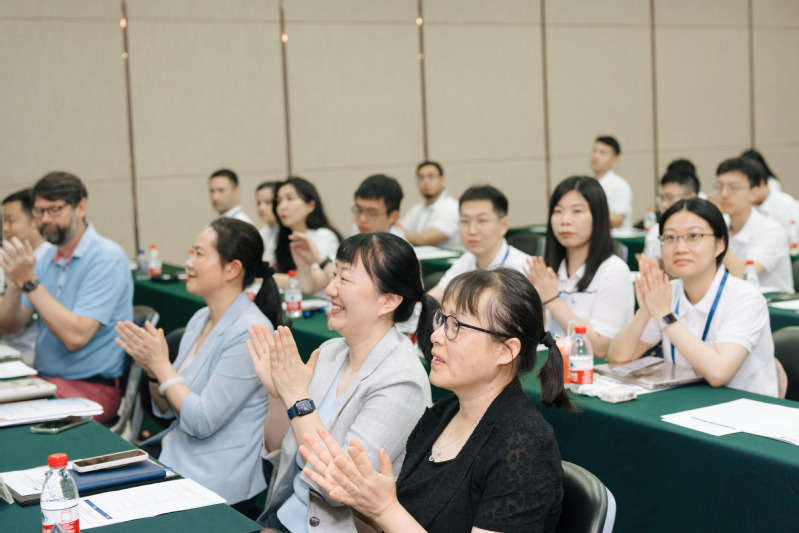
During the event, Chinese and foreign teachers jointly conducted lectures, showcasing advanced teaching and research achievements to help students understand the current status and future trends of the energy industry. Prof. Dai Yanjun from SJTU, Prof. Björn Laumert from KTH, and Prof. David Smeulders from TU/e all agreed that achieving carbon neutrality is a massive system engineering task that requires technological innovation as its core. They emphasized the need to establish a low-carbon technological innovation system based on global cooperation to promote green and low-carbon transformation and systemic changes towards carbon neutrality. It is hoped that this platform will be fully utilized to explore academic frontiers, foster innovative thinking, and establish profound friendships.
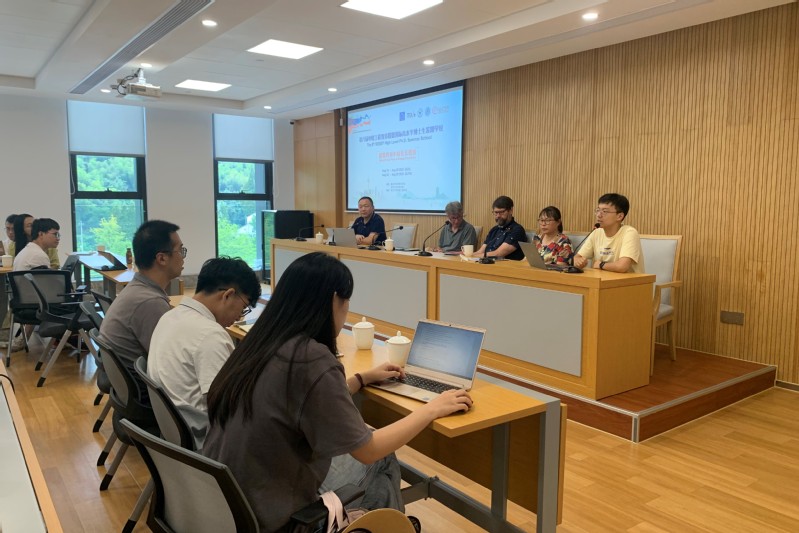
Simultaneously, student visits to Zhejiang University Qingshan Lake Energy Base, Hangzhou RUNPAQ Technology Co., Ltd., China Zhenhua Group, and Changlongshan Hydropower Station were arranged to familiarize them with cutting-edge technologies in enterprises. One student from KTH expressed, “The hydro power plant with the pumping system impressed me the most. The whole visit was interesting, and the facilities are absolutely impressive.”
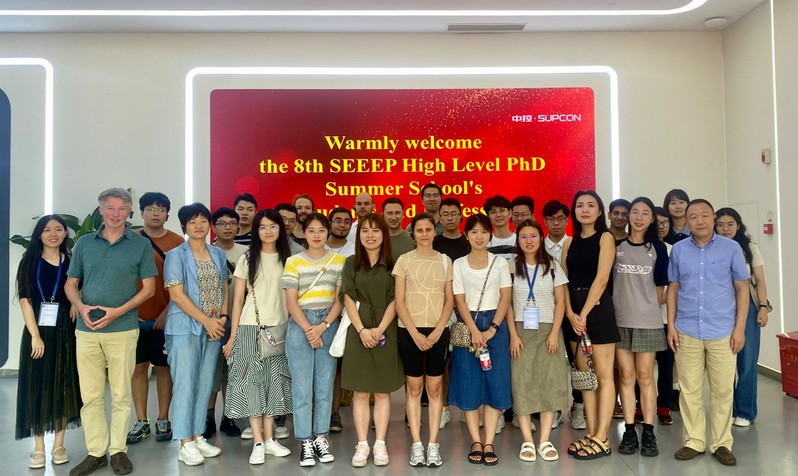
During the summer school, students collaborated closely, guided by Chinese and European mentors, engaging in learning, discussions, and presentations related to topics such as energy production and consumption, renewable energy technologies, sustainable development, energy storage technologies, and energy networks and conversions. A student from Central South University said, “Although the academic reports’ topic was different from my research direction, the warm reception from Zhejiang University provided me with a great experience.”
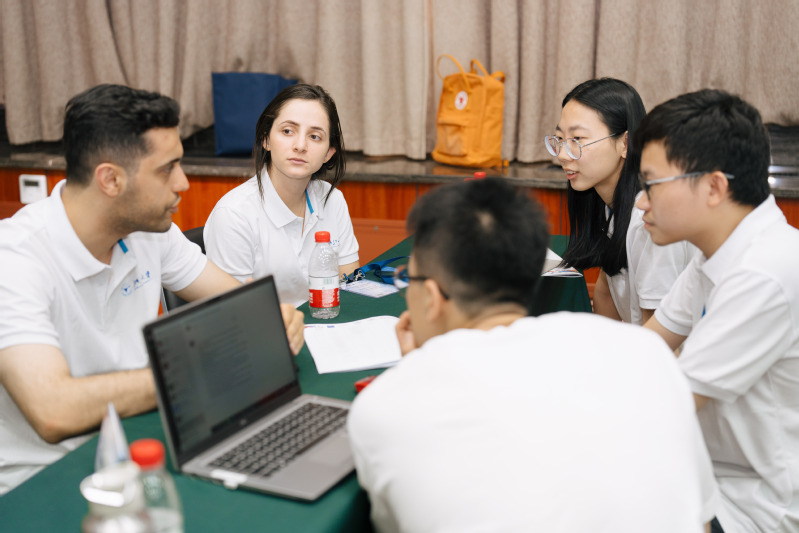
In the final two days of the event, scientific visits and cultural exchange activities were carried out in Huzhou. Anji County, taking advantage of local traditional industries, optimized the living environment and landscape construction, actively participated in the “dual carbon” initiative. Students from China and Europe experienced the new era of rural construction in China and gained an understanding of the concept that “Clear waters and green mountains are as good as mountains of gold and silver.” They participated in a lively combination of theoretical learning and practical activities.
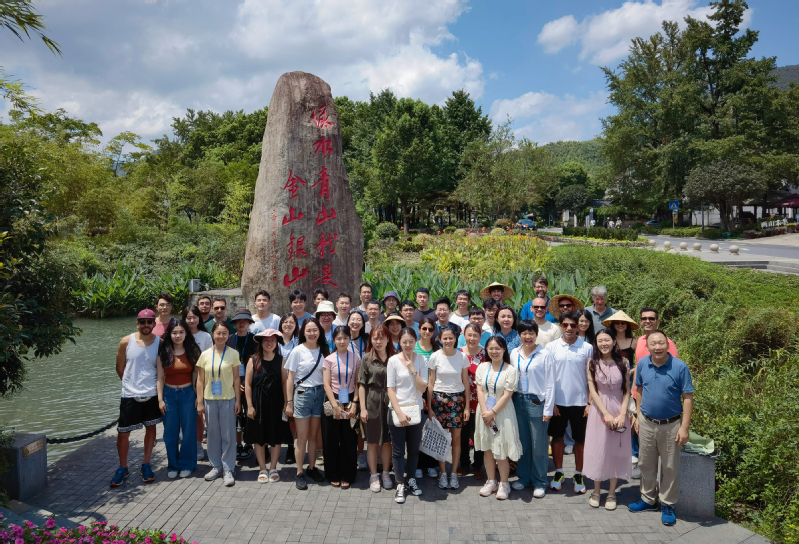
A student from Sweden said, ‘I consider that this was a unique experience that allowed me to meet new young researchers, to learn different topics related to renewable energy and ways to reduce emissions in a more efficient way. Also, the trips allowed me to learn from the Chinese culture, at the same time that I could enjoy the food and the landscapes.’
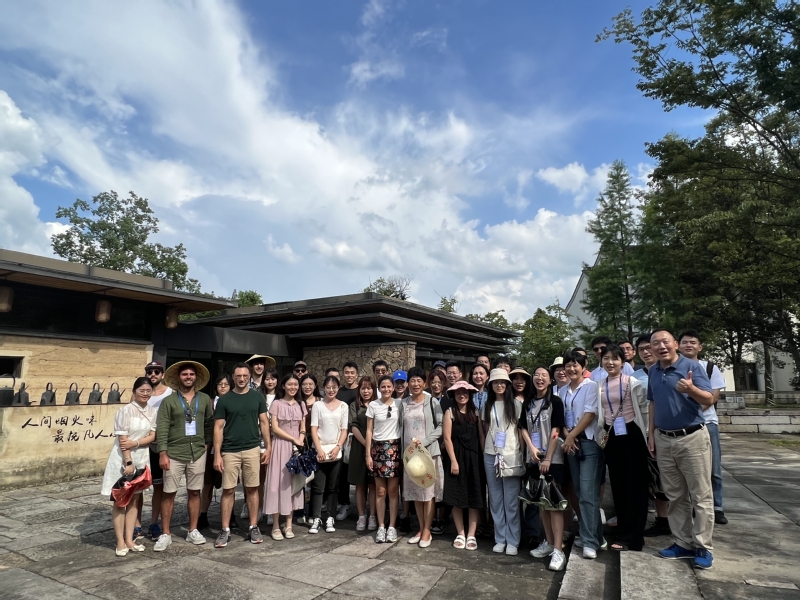
The event provided graduate students studying energy with a high-level, wide-ranging, multi-dimensional, and cutting-edge platform for academic exchange, aiming to broaden their academic horizons and inspire innovative thinking. The academic exchanges and intellectual collisions among participants from different cultural backgrounds expanded their perspectives on various research directions and propelled the development of energy transition.
